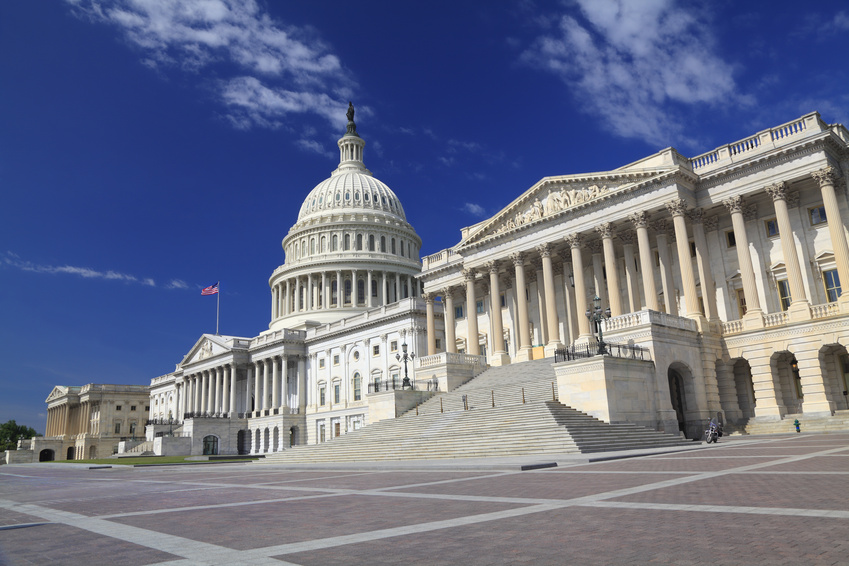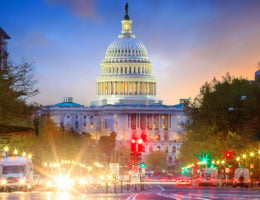On November 10, 2021, President Biden signed the Reinforcing Nicaragua’s Adherence to Conditions for Electoral Reform Act into law, which calls for increased sanctions against Nicaragua. This followed November 7 elections in Nicaragua that allowed President Daniel Ortega to stay in power for a fourth consecutive term.
On October 15, 2021, the US Treasury Department’s Office of Foreign Assets Control published sanctions compliance guidance for the virtual currency industry (the “Guidance”), given that “the growing prevalence of virtual currency … brings greater exposure to sanctions risk.” This Guidance follows (1) the recent and first-ever designation of a virtual currency exchange by the OFAC (see our recent post on this here), and (2) the launch of the National Cryptocurrency Enforcement Team to tackle criminal misuses of cryptocurrency (see a description of this new team on our Blockchain blog, available here).
In keeping with tradition, we are pleased to invite you to our annual Global Year-End Review of Import/Export/Trade Compliance Developments. In lieu of our annual conference in Santa Clara, CA, we are excited to again provide a virtual offering available to all our clients and friends worldwide! The conference will be comprised of 75 minutes sessions over the course of three days. Please join us on November 16, 17 and 18 for any or all sessions.
We are pleased to invite you to our annual virtual Global Year-End Review of Import/Export/Trade Compliance Developments. Our international trade compliance lawyers from around the world will review the major global legislative, judicial and administrative activities and trends in export controls, trade sanctions, customs compliance, and import requirements which will be 16-18 November 2021.
On October 8, the US Department of Labor published a notice requesting information and comments on the following three reports on child labor and forced labor practices in foreign countries that are published by the US Bureau of International Labor Affairs. The comments will be used in preparing the 2022 edition of the TDA Report and TVPRA List, as well as any updates to the E.O. List. The three reports are the US government’s key public statements on the issue of forced labor and child labor around the world.
On September 28, 2021, the US Department of Defense (“DoD”) published a notice of request for public comments. DOD’s request relates to Executive Order 14017, (“America’s Supply Chains” or “Supply Chain EO”). As part of requiring agency reviews of key industrial bases’ supply chains, the Supply Chain EO mandated that DoD conduct a one-year review of supply chains within the defense industrial base with the goal of identifying key supply chain vulnerabilities and opportunities to address these vulnerabilities.
US federal government agencies charged with implementing President Biden’s February 24, 2021 Executive Order 14017 continue to assess supply chain risks and vulnerabilities by issuing public requests for comment. Among other things, the Supply Chain EO directs the heads of several federal agencies to conduct a one-year review to examine supply chains for potential vulnerabilities in a number of sectors.
On August 9, 2021, the United States, the United Kingdom, and Canada significantly escalated sanctions against Belarus in a multilateral effort to put pressure on the current Lukashenko regime. These sanctions were announced on the first anniversary of the fraudulent elections held in Belarus on August 9, 2020 and follow a series of previous measures against Belarus, including most recently the coordinated measures between the UK, US, Canada and the EU in June (see our previous blog post here) and the sectoral sanctions also introduced by the EU in June (see our previous blog post here).
In early March of this year, a bipartisan group of members of the House Armed Services Committee formed the Defense Critical Supply Chain Task Force (the “Task Force”). Co-chaired by House Democrat Elissa Slotkin (Michigan) and Republican Mike Gallagher (Wisconsin), the Task Force was formed to address what has been perceived as U.S. overreliance on vulnerable defense supplies manufactured in other countries, such as China.
In the recent flurry of US Government activity related to Xinjiang, one thing is clear: trade compliance risks continue to increase for companies with supply chains that involve Xinjiang. These latest actions add to the expanding list of companies that face import bans, export bans, and sometimes both, in addition to broader measures under consideration in Congress. This blog post summarizes the past month’s developments.









